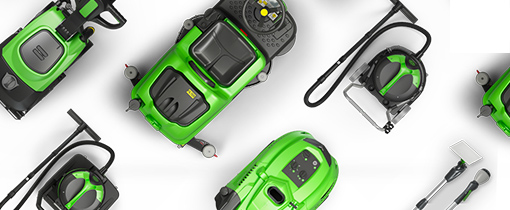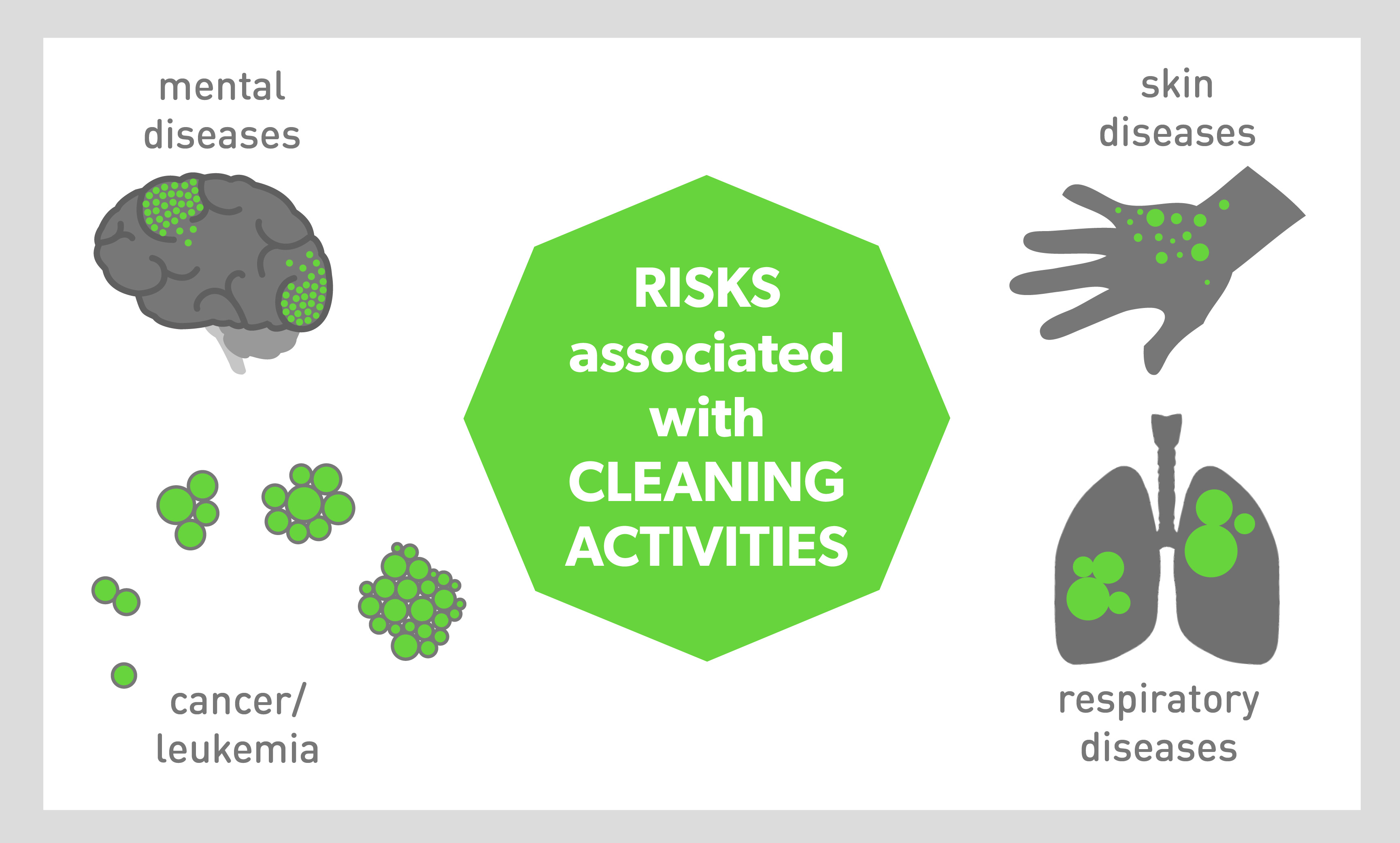Estimated post reading time: 10 minutes
In our previous post we discussed how in healthcare environments even frequent cleaning with inadequate detergents may remove certain microbes without fully sanitizing, but sometimes this can also cause the spread of these microbes, if the equipment used is contaminated.
We have also pointed out that disinfectants are effective in killing pathogens and are fundamental in killing bacterial spores, but have proved to be toxic to operators and the environment, besides being onerous in terms of costs.
Today the use of steam cleaners is the most efficient, effective and cost-saving cleaning method. Steam can be used almost everywhere: on floors, drapery, furniture, showers, bathroom fixtures, hand rails, beddings, wheelchairs, sanitary equipment, food trays and carts.
Steam systematically eliminates bed bugs, dust mites, pests, allergens and, most importantly, without the need to use chemicals.
Risks associated with cleaning activities in Healthcare
Despite their effectiveness, we must not forget that the use of chemical cleaning agents can represent a hazard for users.
Within healthcare environments, the use of chemical products and disinfectants has been associated with several health issues caused by exposure to active compounds such as formaldehyde, sodium hypochlorite or benzalkonium chloride, all of which are ingredients used in several cleaning products.
These toxic substances are either corrosive, harmful when in contact with the skin or may cause chronical health problems in the long run.
Skin Diseases
It’s a fact that skin diseases are among the most frequent work-related diseases among workers within the cleaning sector. Further studies also confirm the high prevalence of work-related dermatitis affecting cleaners, higher than in other jobs and predominantly caused by dermal exposure to the chemicals present in cleaning products, dermal contact with biological agents, mechanical abrasion and physical agents.
In Europe, 60% of cleaning operatives who come into contact with irritant chemicals have reported cases of eczema on their hands. Unfortunately the use of protective equipment such as gloves and masks etc is not always sufficient, because these products can also cause irritation, skin alterations and diseases because of user allergies.
Respiratory diseases
European studies have proved that in the last decade the occurrence of asthma and asthma-like symptoms has dramatically increased among cleaning workers.
According to the European Community Respiratory Health Survey, cleaning is the fourth occupation with the highest risk of asthma and this is due to contact with products such as chlorine, ammonia, quaternary ammonium compounds and ethanol, items that cleaners handle daily.
In addition, other studies reported an unusual occurrence of mental health problems among female cleaning workers and a higher risk of cancers such as leukemia, esophageal carcinoma and gastric cancer.
Why is steam cleaning different?
Steam cleaning is the only process taking care of the “three safeties” : patient, worker and environmental safety.
Patients are safe because steam prevents all risks of infection and cross contamination; workers are safe because it is the most efficient sanitizing method, avoiding risks associated with strong detergents and chemical agents; and last but not least it is a “green method” because it has no toxic or polluting effects on the environment.
We can add that steam cleaning is the most “sustainable” system in terms of modest water consumption, high energy efficiency and high quality hygiene, which all lead to significant cost savings as well.
IPC Solutions
Our group believes in the appeal of steam cleaning in hospitals and healthcare facilities, and have increased our range of steam cleaners which now goes from the smaller SG-08 and SG-10 to the powerful industrial steam cleaner SG-70.
In order to respond to different needs, IPC has developed a complete range of professionally safe, reliable and highly performing steam generators, suitable for almost any application and situation. The silent “steam only” models are ideal for everyday cleaning and for disinfection of floors and surfaces.
Models with suction power are particularly suitable for heavy maintenance and stricter cleaning protocols.
A full range of accessories is also available to fit different environments and areas of risk. These accessories have been specifically designed for both everyday activities and for thorough periodical treatments of surfaces and medical devices.
Source: EU-OSHA – European Agency for Safety and Health at Work, The occupational safety and health of cleaning workers, 2009.
For more information, or to provide feedback, please write at info@ipcworldwide.com


